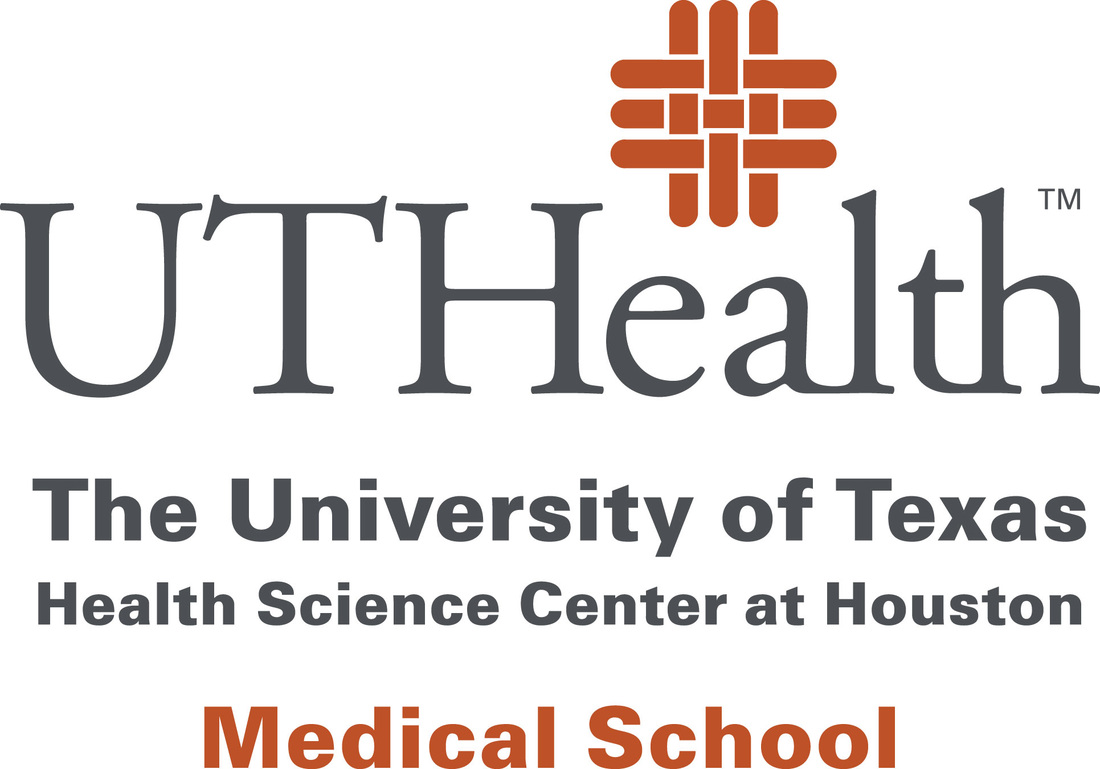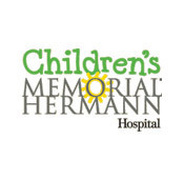Lysosomal Storage Diseases
A class of ~50 genetic diseases, known as Lysosomal Storage Diseases (LSDs) are characterized by lysosomal dysfunction resulting in the accumulation of undegraded material in cells throughout the body. Although LSDs affect cells regardless of tissue type, the neurological consequences of lysosomal dysfunction, which include severe locomotor and intellectual disabilities, cognitive deficits, and seizures, are especially intractable.
There are no cures for the neurological outcomes of LSDs, which represent a completely unmet medical need.
Please click here for more information on LSDs.
Houston Lysosomal Storage Disease Center
The Houston LSD center is an inter-institutional center based at UT Health but leveraging the research expertise of faculty associated with the Baylor College of Medicine, MD Anderson Cancer Center, and Rice University to address the following three areas that are relevant to LSDs:
1. Basic and translational research
2. Clinical research and treatment
3. Education and outreach
OUR LONG TERM MISSION IS TO DEVELOP THERAPIES AND TREAT THE NEUROLOGICAL OUTCOMES OF LSDs
Please click here to read more about our mission statement.
A class of ~50 genetic diseases, known as Lysosomal Storage Diseases (LSDs) are characterized by lysosomal dysfunction resulting in the accumulation of undegraded material in cells throughout the body. Although LSDs affect cells regardless of tissue type, the neurological consequences of lysosomal dysfunction, which include severe locomotor and intellectual disabilities, cognitive deficits, and seizures, are especially intractable.
There are no cures for the neurological outcomes of LSDs, which represent a completely unmet medical need.
Please click here for more information on LSDs.
Houston Lysosomal Storage Disease Center
The Houston LSD center is an inter-institutional center based at UT Health but leveraging the research expertise of faculty associated with the Baylor College of Medicine, MD Anderson Cancer Center, and Rice University to address the following three areas that are relevant to LSDs:
1. Basic and translational research
2. Clinical research and treatment
3. Education and outreach
OUR LONG TERM MISSION IS TO DEVELOP THERAPIES AND TREAT THE NEUROLOGICAL OUTCOMES OF LSDs
Please click here to read more about our mission statement.


